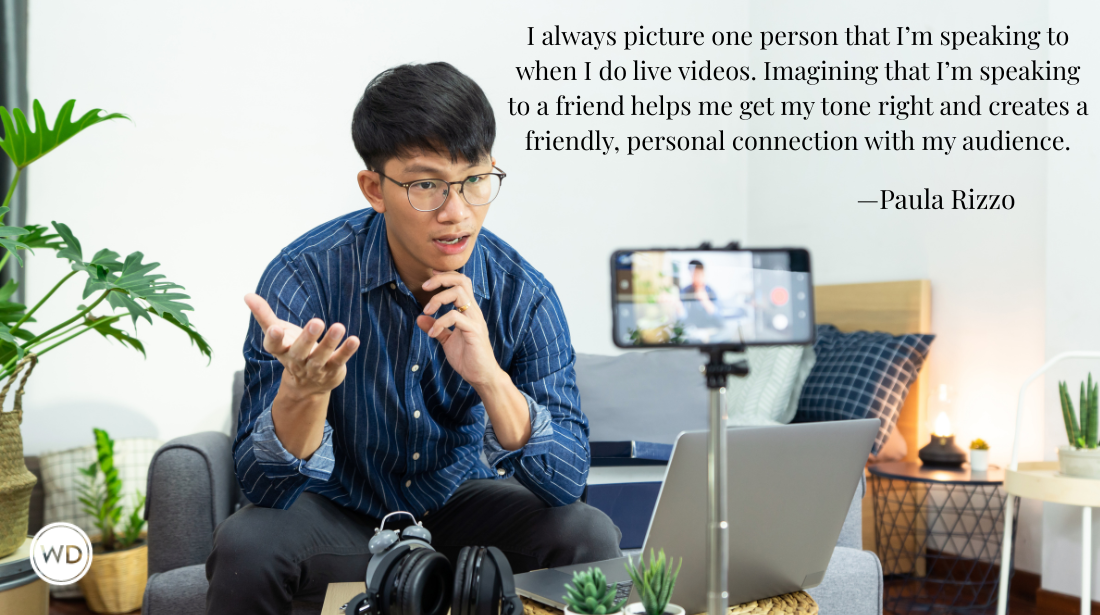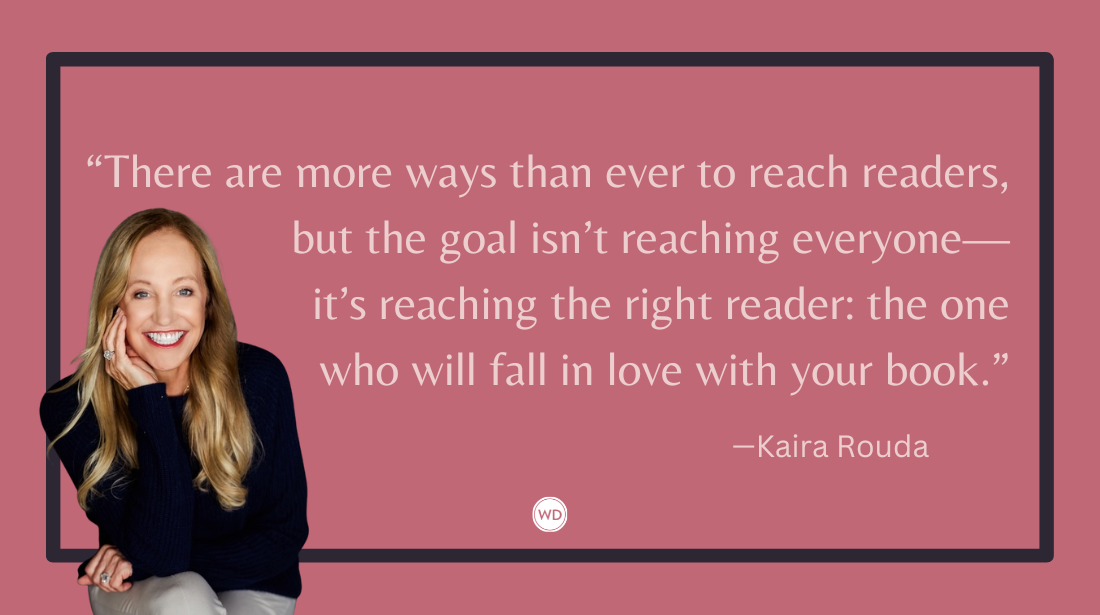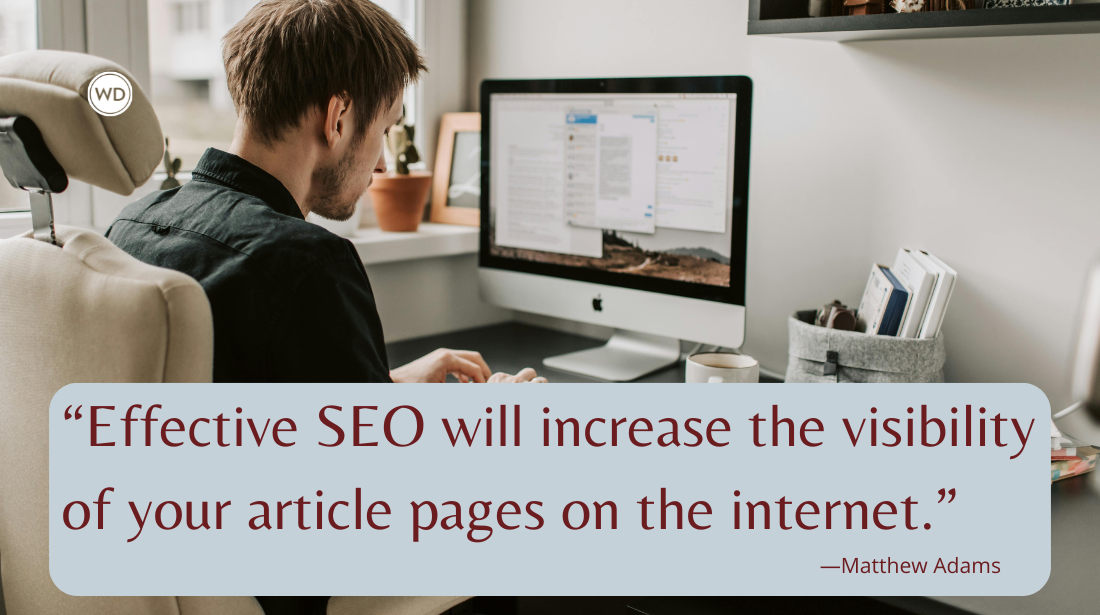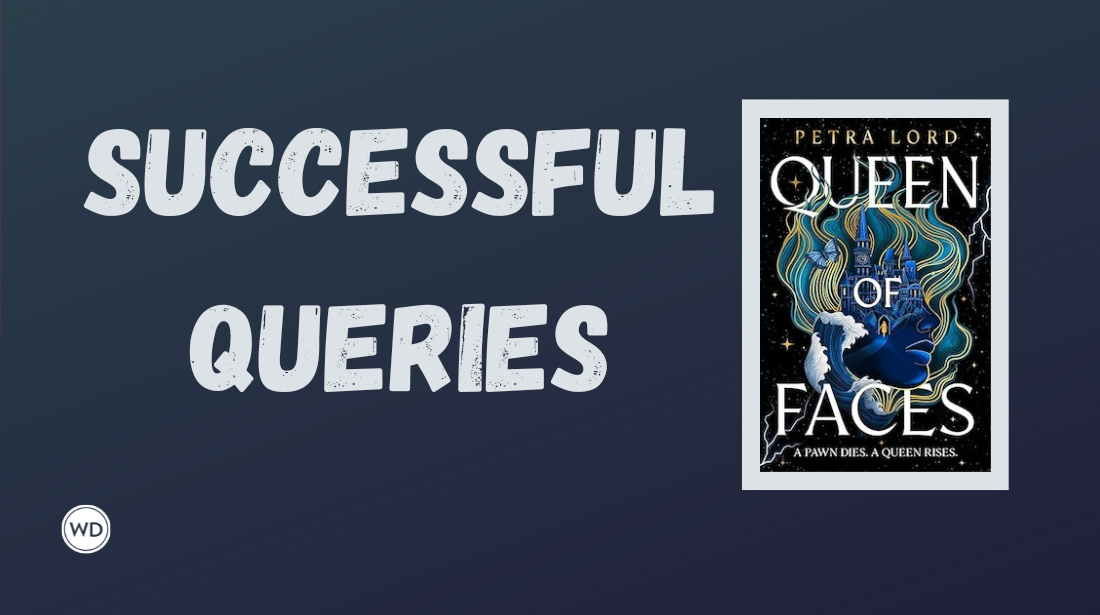Can Writers Query Multiple Agents at Once?
Can you query multiple agents at once? Do the query letters need to be personalized? Does it make sense to pitch one literary agent at a time?
Recently, I received a familiar question that I've fielded several times over the years. It went something along the lines of, "Is it better for me to email one agent at a time or multiple agents at different agencies?"
It's a good question, especially as writers weigh how to improve the time between finishing their manuscripts or book proposals and actually getting published. So, what is the proper etiquette? Can you query multiple agents at once? Do the query letters need to be personalized? Does it make sense to pitch one literary agent at a time?
We'll dig into the answers to these questions and more here.
*****
Writing strong first pages requires a great hook, a strong voice, and a clear premise. The first sentence should immediately catch the reader’s attention, while the subsequent text should leave the reader wanting to dive further into the pages of the manuscript. But making the first pages of your story absolutely un-putdownable takes practice, patience, revision, and an eye for detail. Which is why we're here: to discuss what to do (and not to do) to make your opening pages stand out.
*****
Can You Query Multiple Agents at Once?
The quick answer is, "Yes." In fact, many literary agents expect writers to query multiple agents at once. Unless they specifically state they prefer writers avoid simultaneous submissions. Or if an agent requests (and you grant) an exclusive look at your submission at a writing conference.
Another situation in which writers should avoid querying multiple literary agents is if they wish to query multiple agents at the same agency. Instead of hitting up two (or more) agents at the same agency, pick one to query for your first round of submissions. If you make significant adjustments to your pitch, then you can always swing back later and target another agent. But most agents advise against submitting to multiple agents at the same agency.
With those exceptions out of the way, writers should consider querying multiple agents at once. That said, writers should avoid a complete "shotgun approach" to queries.
Should the Query Letters Be Personalized?
I've found that queries are more effective when they're personalized. Part of that personalization is addressing a specific name (first and last). Another part of that personalization is following the specific rules that an agent or agency spell out in their guidelines.
So you don't need to write a brand new query letter each time you submit to a new literary agent. But you'll probably find more success if you at least consider possible tweaks with each query.
As an editor, I can tell when I'm receiving a "form query," and those are the kind that are most likely to receive a "form rejection."
Does It Ever Make Sense to Pitch One Agent at a Time?
The main driving force behind simultaneous submissions is to improve the time between that first query and acceptance. While some agents are quick to respond (yay or nay) on a query, others can take longer to give a thumbs up or down. In fact, some may never respond unless they're interested.
However, you may have your eye on a specific agent at a specific agency and feel like that's your "dream agent." In such cases, it may make sense to pitch that one agent and wait for a response before looking elsewhere.
If that's the case, I recommend that you give the agent a specific period of time to respond. Once that time elapses, feel free to start pitching other agents.









